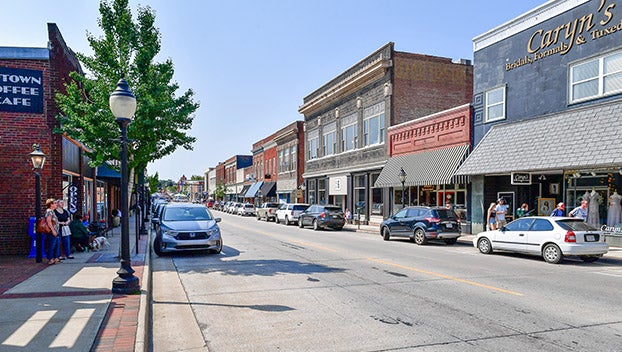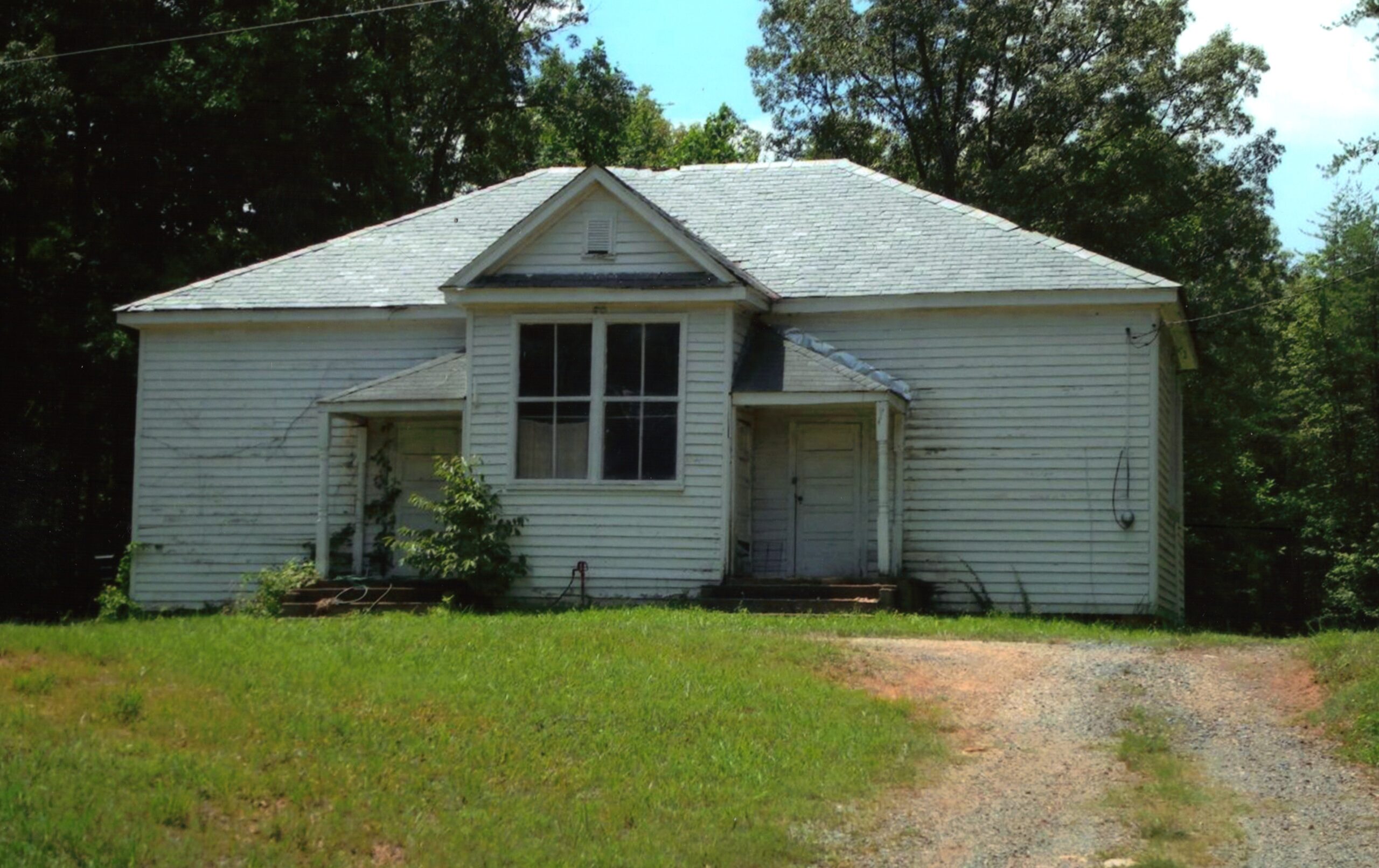Understanding Korea
Published 8:57 am Thursday, February 8, 2018
The 2018 Winter Olympics will be in Pyeongchang-gun, South Korea from Feb. 9-25. Several years ago, I accompanied a group of pastors to nearby Seoul, South Korea to learn about their history, their culture and meet with churches and church leaders. Our host church and pastor felt called by God to welcome their American guests with radical hospitality, providing accommodations, meals and a full schedule of rich experiences to make our visit more meaningful.
Our group of pastors were guests of Bupyeong Methodist Church. On the first day, we participated in a 5 a.m. prayer service, practiced every day by most Christian churches in Korea. 5 a.m.? I say that because the sanctuary was full. At least 500 to 600 people arrived, and I soon discovered they were not there to sit quietly. This was to be a prayer service unlike any I’ve attended before.
The Rev. Hong, Eun- Pa, pastor of Bupyeong Methodist Church proclaimed: “We gather together to pray, to wake up our souls in the presence of God. I am sure God will listen to our prayers and answer our prayers. Christians pray continually. Pray without ceasing. Prayer is like breathing. We must continually breathe or die. When we do not pray our souls will die. We may look alive but in reality our soul is dead. The church should be a house of prayer. We pray continually.”
Trending
He added: “The Korean church started with early morning prayer services in 1905. Only two churches participated at first but as time went by, more joined. Many churches across our country now have early morning prayer service. Prayer is a critical part of our history in Korea.” Koreans describe this form of prayer as “Tongsung Kido” which means “fervently praying together out loud.” This is a common prayer used to free themselves from their troubles and give everything to God.
Our group of 34 American pastors were showered with kindness from the beginning as we were greeted at the airport with enthusiastic applause and a red rose. We ate extraordinary meals, including a ten course gourmet feast, stayed in hotel-like accommodations, watched a special concert from gifted musicians and received numerous acts of hospitality, all for our benefit.
Why were we treated so generously? Because as Americans, we have a unique relationship with Korea. Two stops on our tour illustrate why.
First was a trip to Yanghwajin Foreign Missionary Cemetery. There 145 graves belong to foreign missionaries and their families who dedicated their lives to God through service in Korea. Many gave up promising careers to live in a land unknown to westerners at the time. Although, Korean history begins over 4000 years ago, protestant Christians didn’t arrive until 1885. Korea was a hostile place for Christians. Missionaries could not start a church or even preach in public. Penalties were severe.
“The missionaries profoundly influenced Korean society, not only by establishing hospitals and schools but by affecting its intangible values, thus contributing to the abolition of the class hierarchy in old Korea. Some of those who came to Korea to spread the Gospel did not hesitate to share in the many sufferings and hardships brought about by Japan’s occupation of Korea. Many willingly exposed themselves to much danger in fighting for Korea’s independence,” the Yanghwajin Cemetery Brochure.
The second visit was to Odusan Unification Observatory on the Demilitarization Zone (DMZ), the dividing line between North and South. Korea has been occupied and brutalized by several countries but the occupation by Japan from 1909 to 1945 was a particularly bad time. There were years of resistance and rebellion that did not end until Japan’s surrender in 1945. But, instead of receiving freedom, Korea was divided by the Allies into North and South. This dividing line and the controversy surrounding the splitting of the country led to the Korean War. The U.S. played a pivotal role. More than 128,000 Americans were either killed or wounded. Thousands more Americans continue guarding the border, the DMZ.
Trending
After many years of poverty and stagnation the South Korean government changed from democratic to military dictatorship back to civilian rule but in the midst of the governmental turmoil, South Korea began to emerge as an economic power. Relations with North Korea are described as fluid or more accurately, full of ups and downs. This tension which at any moment could erupt into war is key to understanding the role of faith and prayer in the lives of many South Koreans.
The Rev. Hong Eun- Pa, pastor of our host church, Bupyeong Methodist says, “We will always be grateful for the sacrifices made by American missionaries and later, American soldiers. We would not be the country we are today without the support of the United States.”
REV. LARRY E. DAVIES can be reached at larrydavies@sowingseedsoffaith.com.





